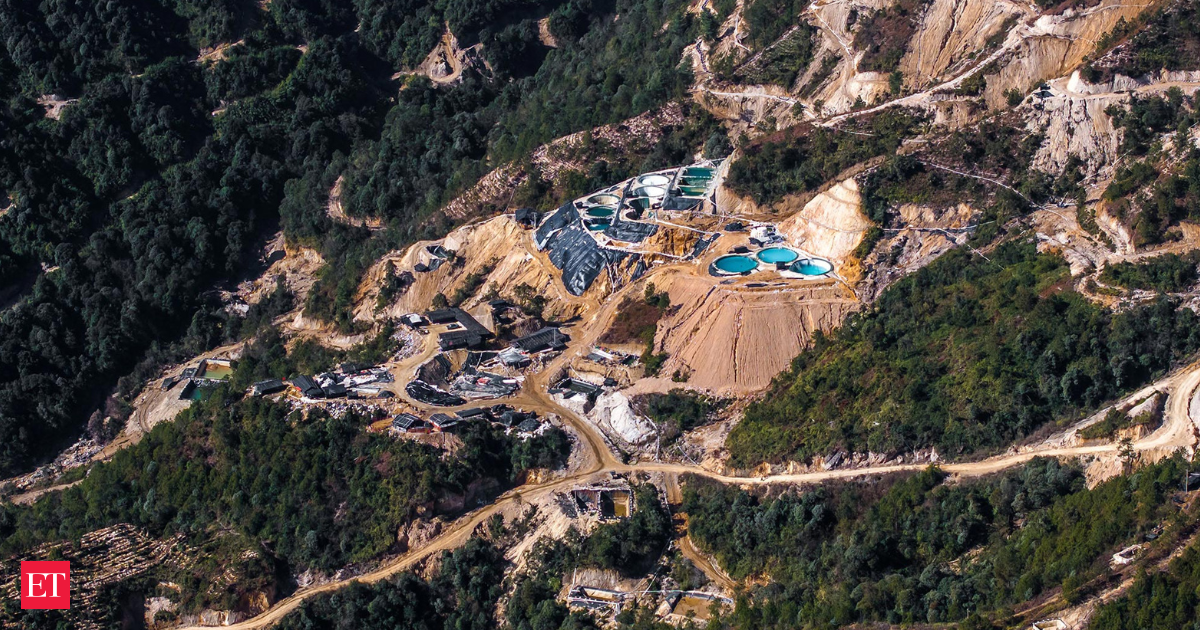Now Reading: Myanmar’s Rebel Army Fuels Global Rare Earth Supply
-
01
Myanmar’s Rebel Army Fuels Global Rare Earth Supply
Myanmar’s Rebel Army Fuels Global Rare Earth Supply

fast Summary
- Myanmar is the world’s third-largest producer of rare earths, critical for industries like electronics, electric vehicles, and defense systems.
- Rare earth mines in northern myanmar are now under the control of rebel group Kachin Independence Army (KIA), creating challenges for global supply chains and political dynamics in the region.
- China has historically been a major importer of Myanmar’s rare earths, accounting for over half of its imports last year. It faces complications as it supports both Myanmar’s military junta and indirectly funds KIA thru mineral purchases.
- mining methods such as in-situ leaching have significant environmental costs, affecting rivers, watersheds, and causing landslides. Labor safety regulations are weak or non-existent.
- The geopolitical importance of these minerals extends beyond China; othre nations like laos are emerging as choice suppliers. The US recently opened a rare-earth mine after a 70-year gap but still relies on china’s refining capabilities.
Indian Opinion Analysis
Myanmar’s shifting control over valuable rare earth mines holds several implications for India concerning resource security and geopolitical stability in Southeast Asia. As China’s reliance on imports from rebel-controlled areas grows amid its strategic ties to the junta regime, instability could hinder regional trade routes vital to India’s “Act East Policy.” Additionally, unchecked environmental impacts in cross-border watersheds raise ecological concerns that may ripple into neighboring countries.
India might benefit by advancing its domestic research into alternative magnet technologies or diversifying access to rare-earth sources globally through partnerships with emerging suppliers like Laos. This scenario underscores india’s need for balance between economic interests and ethical considerations when engaging with conflict-prone regions like northern Myanmar-essential given India’s historical stance on neighbor stability diplomacy.
Indian policymakers should observe whether innovation eventually reduces dependency on conflict-extracted materials-a path that aligns more closely with sustainable growth goals while offering insulation from volatile supply chains dominated by superpower rivalries.
























